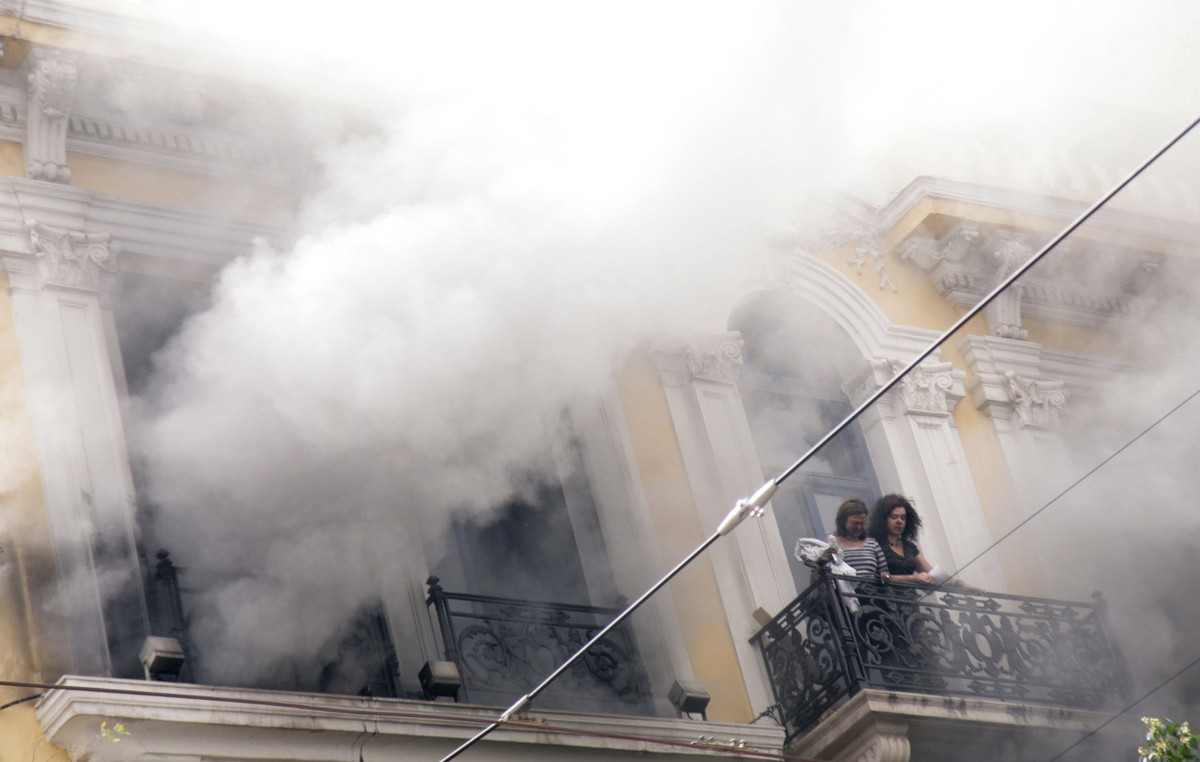A rush of cold air has come in, and everyone knows what that means: It’s that flu season, when it seems like everyone is suddenly sneezing, sniffling, or worse. It’s almost as if
those nasty germs popped up with the first gust of winter weather.
However, they are present year-round—just think of the last cold you caught in the summer. So why do people get more colds, flu, or now with Covid-19,
when it’s cold?
In a new study that researchers have called a scientific breakthrough, scientists may have found the biological reason why we get more respiratory illnesses in the winter. It turns out that the cold air itself damages the immune response that takes place in the nose.
“This is the first time that we have a biological and molecular explanation for a factor in our innate immune response, which appears to be limited by colder temperatures,” said Dr.
Zara Patel, professor of otolaryngology and head and neck surgery at Stanford School of Medicine in California. She did not participate in the new study.
In fact, reducing the temperature inside the nose by just 5ºC kills nearly 50% of the billions of cells that fight viruses and bacteria in the nostrils, according to the study published in
Tuesday (6) in The Journal of Allergy and Clinical Immunology.
“Cold air is associated with increased viral infection because you essentially lose half your immunity just because of that small drop in temperature,” explained Dr. Benjamin Bleier, director of otolaryngology at Massachusetts Eye and Ear and associate professor at the School of Medicine. from Harvard in Boston.
A big boost in immune power
When under attack, the nose increases production of extracellular vesicles by 160%, the study found. There were still other differences: EVs had many more receivers on their surface.
than the original cells, thus increasing the capacity of the billions of extracellular vesicles present in the nose to stop viruses.
“Imagine the receptors as little arms, trying to grab the viral particles as they are breathed in,” Bleier said.
“We found that each vesicle has up to 20 times more receptors on the surface, making them super sticky.”
The body’s cells also contain a viral killer called micro RNA, which attacks invading germs. However, EVs in the nose contained 13 times more microRNA sequences than normal cells, according to the study.
So the nose enters the battle armed with additional superpowers. But what happens to these perks during cold weather?
To find out, Bleier and his team exposed four study participants to 15 minutes of 4.4C temperatures and then measured conditions inside their nasal cavities.
“What we found is that when you are exposed to cold air, the temperature in your nose can drop by up to 5 degrees Celsius. That’s enough to basically take away the three immunological advantages that the nose has,” explained Bleier.
In fact, that little bump on the tip of your nose was enough to eliminate almost 42% of the extracellular vesicles in the battle, he added.
“Likewise, nearly half of the killer microRNAs are inside each vesicle, and you can have up to a 70% drop in the number of receptors in each vesicle, making them much less sticky,” he explained.
What does that do to your ability to fight off colds, the flu, and Covid-19? This cuts your immune system’s ability to fight respiratory infections in half, Bleier said.
No need to wear socks over your nose
Turns out, the pandemic has given us exactly what we need to help fight the cold air and keep our immunity high, Bleier said.
“The masks not only protect from direct inhalation of viruses, but it’s also like wearing a sweater over your nose,” he commented.
Patel agrees: “The warmer you keep the intranasal environment, the better this innate immune defense mechanism is able to function. It’s all the more reason to wear masks!”
In the future, Bleier hopes to see the development of topical nasal medications that build on this scientific discovery. These new pharmaceuticals will “essentially trick the nose into thinking it just saw a virus,” she claimed.
“With that exposure, it’s like you have all the wasps flying around your mucosa for protection.”
Source: CNN Brasil
I am an experienced journalist and writer with a career in the news industry. My focus is on covering Top News stories for World Stock Market, where I provide comprehensive analysis and commentary on markets around the world. I have expertise in writing both long-form articles and shorter pieces that deliver timely, relevant updates to readers.







